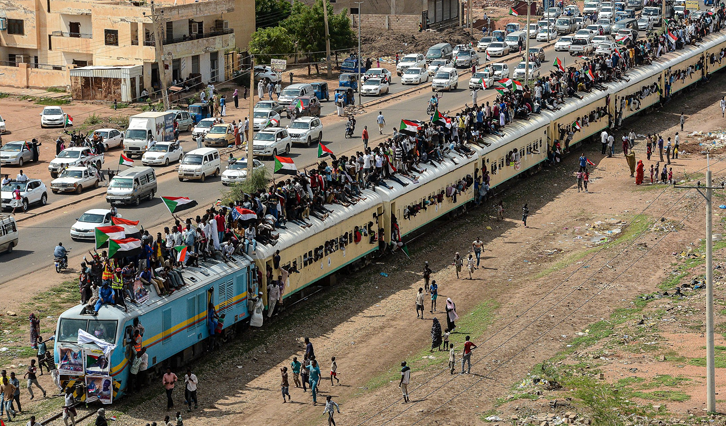February 01, 2024
Cambridge University Press
Abstract
Dissidents mobilizing against a repressive regime benefit from using public information for tactical coordination since widespread knowledge about an upcoming event can increase participation. But public calls to protest make dissidents’ anticipated activities legible to the regime, allowing security forces to better stifle mobilization. I examine collective action during Sudan’s 2018–19 uprising and find that mobilization appeared to be publicly coordinated through social movement organizations and internet and communicative technology, consistent with common channels identified by existing literature. Yet embedded field research reveals that some dissidents independently used public calls to secretly organize simultaneous contentious events away from publicized protest sites, perceiving that their deviations would make the regime’s repressive response relatively less efficient than the resulting efficiency losses on the movement’s mobilization. These findings push future work to interrogate more deeply the mechanisms by which dissidents use coordination channels that are also legible to the regime they are mobilizing against.


